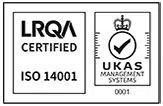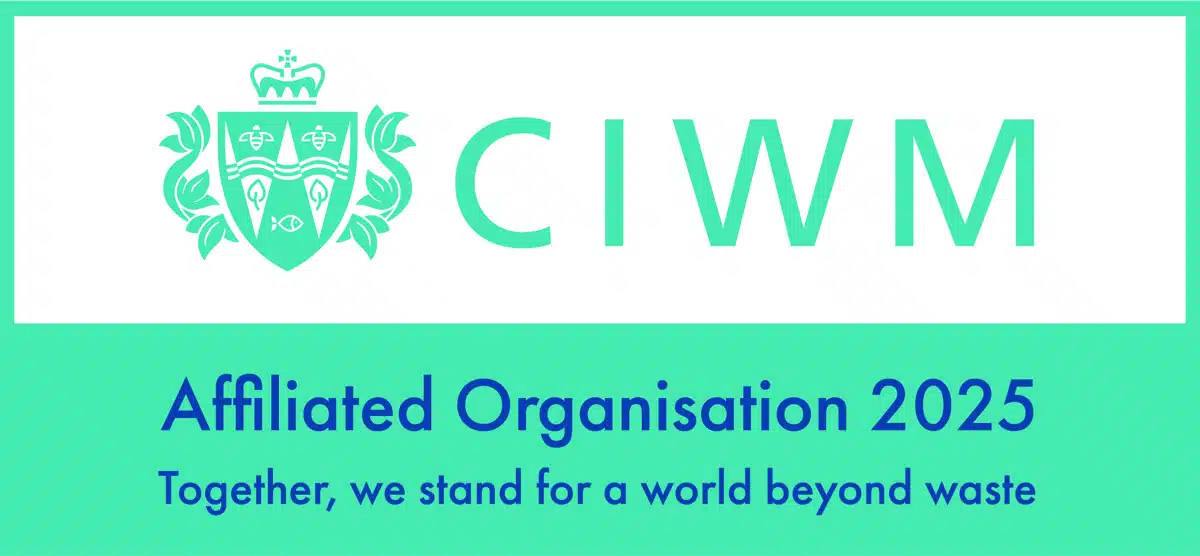
The problems posed by our overreliance on plastic has become part of our everyday thinking. The turning point was back in 2017, when Sir David Attenborough narrated a now-historic episode of Blue Planet II. It demonstrated the devastating impact that plastic is having on our oceans. But since then, has our dependency on single-use plastic (SUP), and our attitudes to plastics, changed?
The statistics are encouraging…
Last year, we heard that plastic bag sales were down 90% since the 2015 plastic bag levy. And nearly 88% of people who saw the Blue Planet II plastic episode change their behaviour since. Sixty per cent more of us choose refillable water bottles and coffee cups than before. These are all encouraging statistics. This year, we should see the introduction of SUP bans covering straws, cotton buds and stirrers.
…but more needs to happen
Despite steps in the right direction, even more needs to happen to reduce the amount of plastic in the ocean. Global Citizen has easy recommendations, which if we collectively adopted, would stem demand for these products and force manufacturers to look for alternatives. They include switching to plastic-free chewing gum, swapping bottles of toiletries to bars and avoiding buying clothes with plastic. National celebrations such as Valentine’s Day, Easter, Halloween and Christmas all see spikes in our plastic consumption, needing further shifts in consumer behaviour. And in industry, areas like food packaging need serious reconsiderations.
What about the effect of Coronavirus?
A ban on single-use plastics was supposed to be implemented in April 2020. But the Coronavirus pandemic has already delayed this legislation by six months because of supply chain disruptions. What’s more, the 5p plastic bag charge that has proved so effective has been waived for online grocery deliveries in England as a temporary measure to speed up deliveries and reduce the risk of contamination. In Wales, recyclable waste was temporarily incinerated during the COVID-19 outbreak. Before shutting down entirely during the pandemic, Starbucks and other coffee chains had reverted to disposable coffee cups amid hygiene concerns around reusables. It’s yet to be seen whether demand for plastic caused by Coronavirus is temporary. However, a Bloomberg report reckons that this increased demand should not have a significant impact on either plastic demand or circular economy goals.
To find out more about skip hire in West Sussex and our Energy from Waste Facility, contact Rabbit. Reach us on 01903 762020 or email info@rabbitgroup.co.uk.




